Shang-Chi comic book delves into his complicated family drama ahead of the Marvel Studios film
Gene Luen Yang aims to make Shang-Chi a three-dimensional character ahead of his film debut
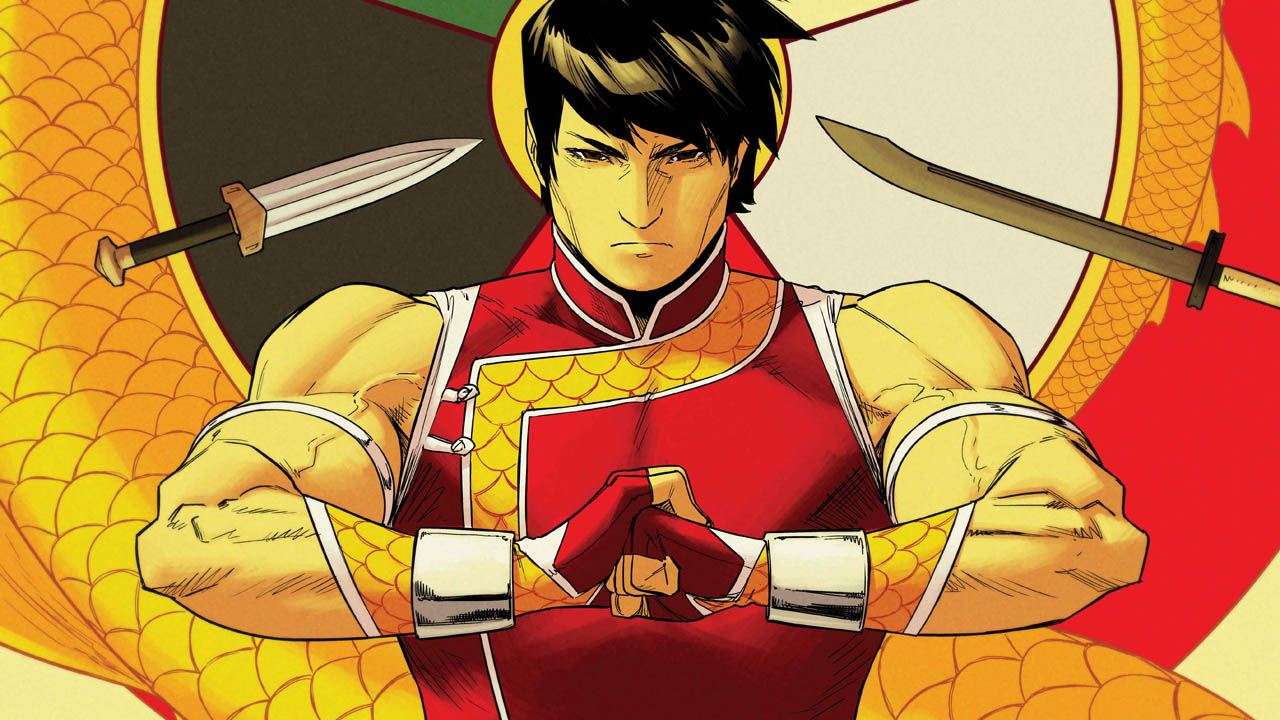
Before Shang-Chi makes his big-screen debut in Marvel Studios' Shang-Chi and the Legend of the Ten Rings, he'll be returning in comic books with his own limited series.
The five-issue Shang-Chi series by writer Gene Luen Yang with artists Dike Ruan and Philip Tan will explore the complicated family dynamics of the master of kung-fu and complicate them even further with the introduction of Sister Dagger - a newly-revealed 13-year-old sister to Shang-Chi.
Newsarama spoke with Yang about the Shang-Chi series, expanding the family tree, making the character more relatable to readers, and the writer's own complicated past with the Asian character.

Newsarama: Gene, how did you get connected with Marvel to do Shang-Chi?
Gene Luen Yang: Last year I got a call from Darren Shan, an editor at Marvel. He invited me to pitch for a Shang-Chi mini-series. He and the rest of the Marvel editorial team liked my pitch enough to sign me up, and we were off and running.
Nrama: What do you enjoy most about writing the character?
Yang: I've really enjoyed working with the creative team. Darren and artists Dike Ruan and Philip Tan have been absolutely stellar partners. Superstar illustrator Jim Cheung designed a great new outfit for Shang-Chi. It's the perfect blend of traditional Chinese and American superhero elements.
Get the best comic news, insights, opinions, analysis and more!
I see Shang-Chi as someone who's still trying to figure out where he fits. He grew up in this cult that was run by his maniacal, nearly-immortal father. He didn't experience the modern world until he was a young adult. He's been trying to bridge that gap ever since.
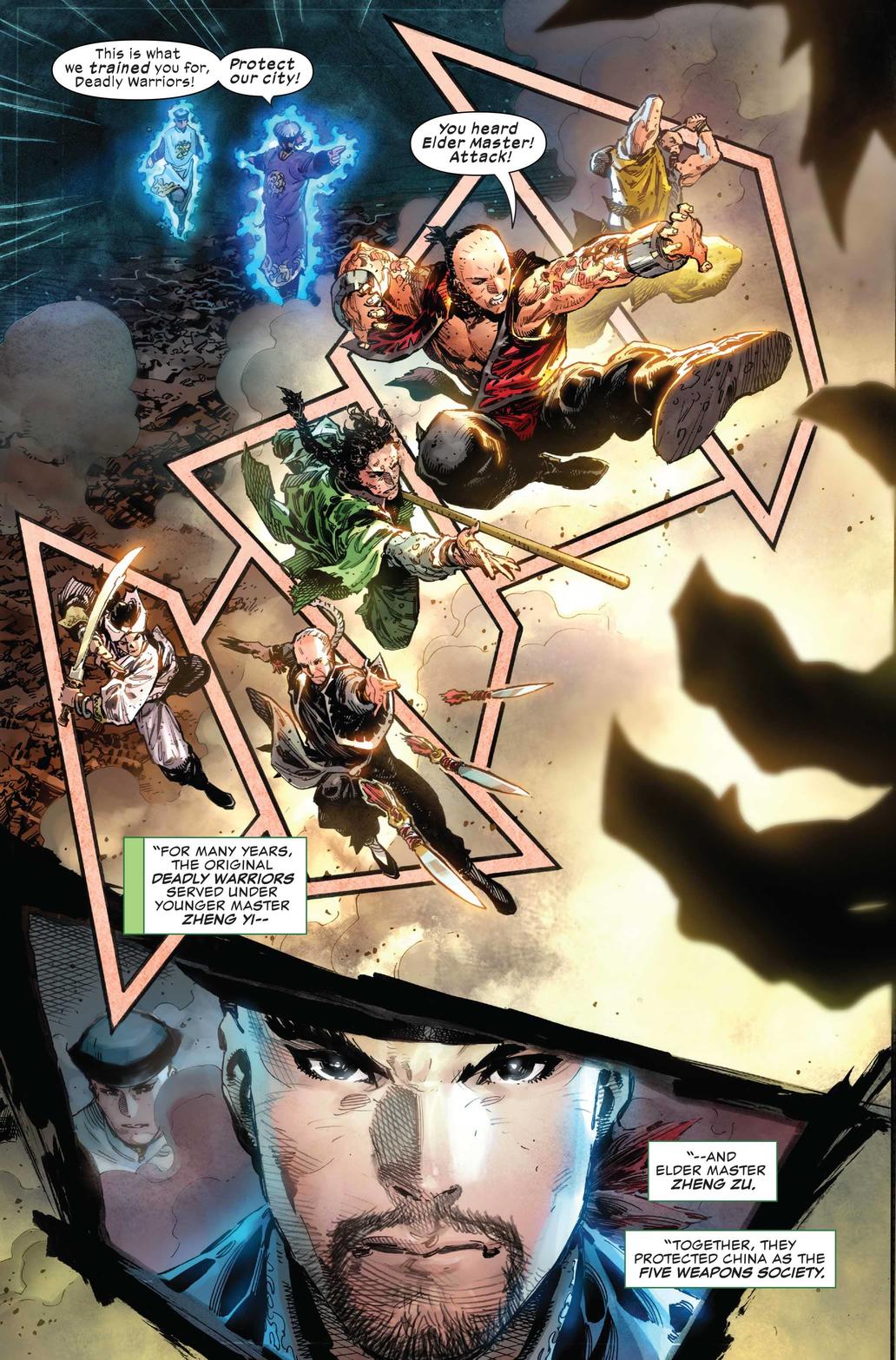
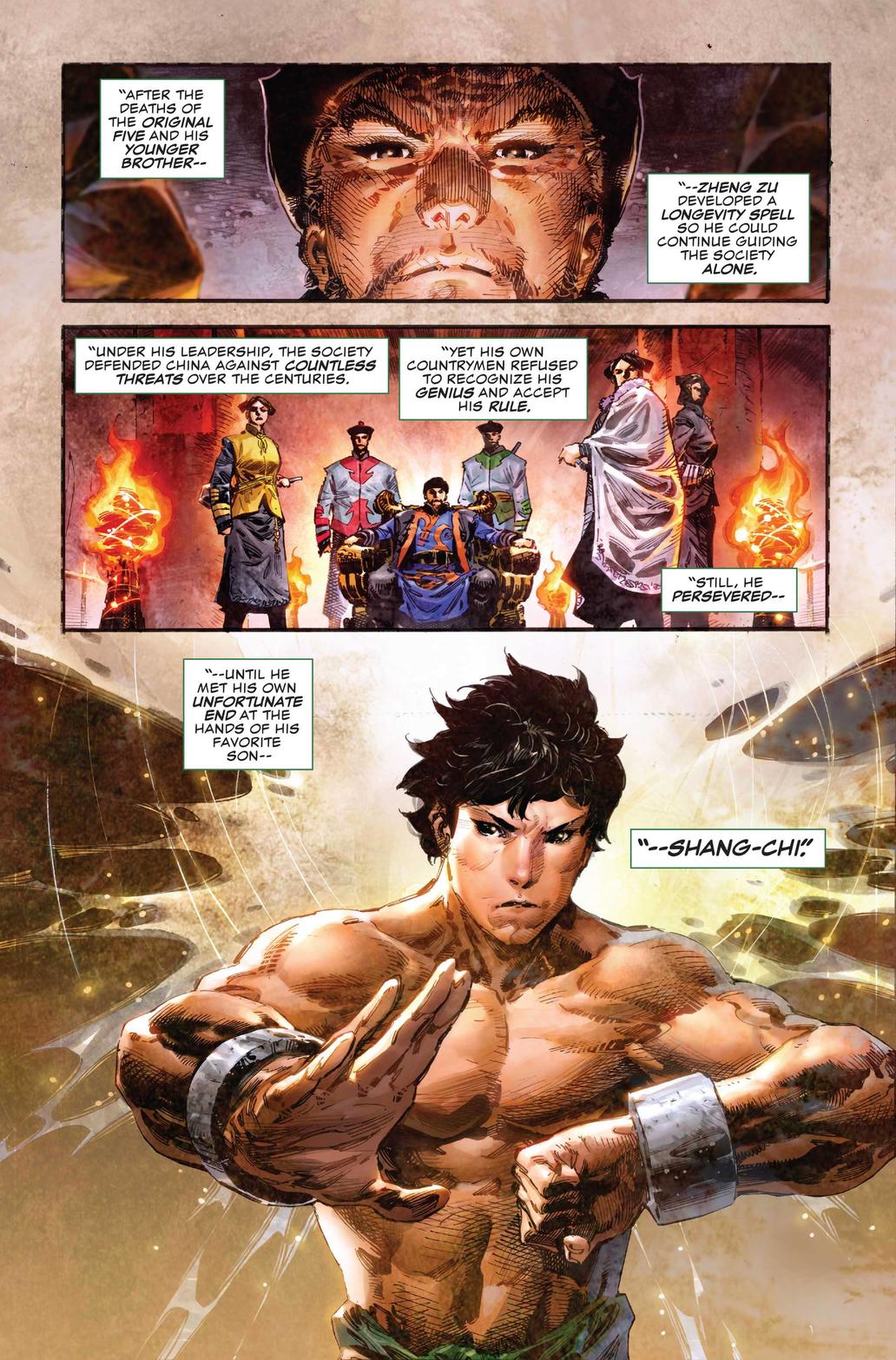
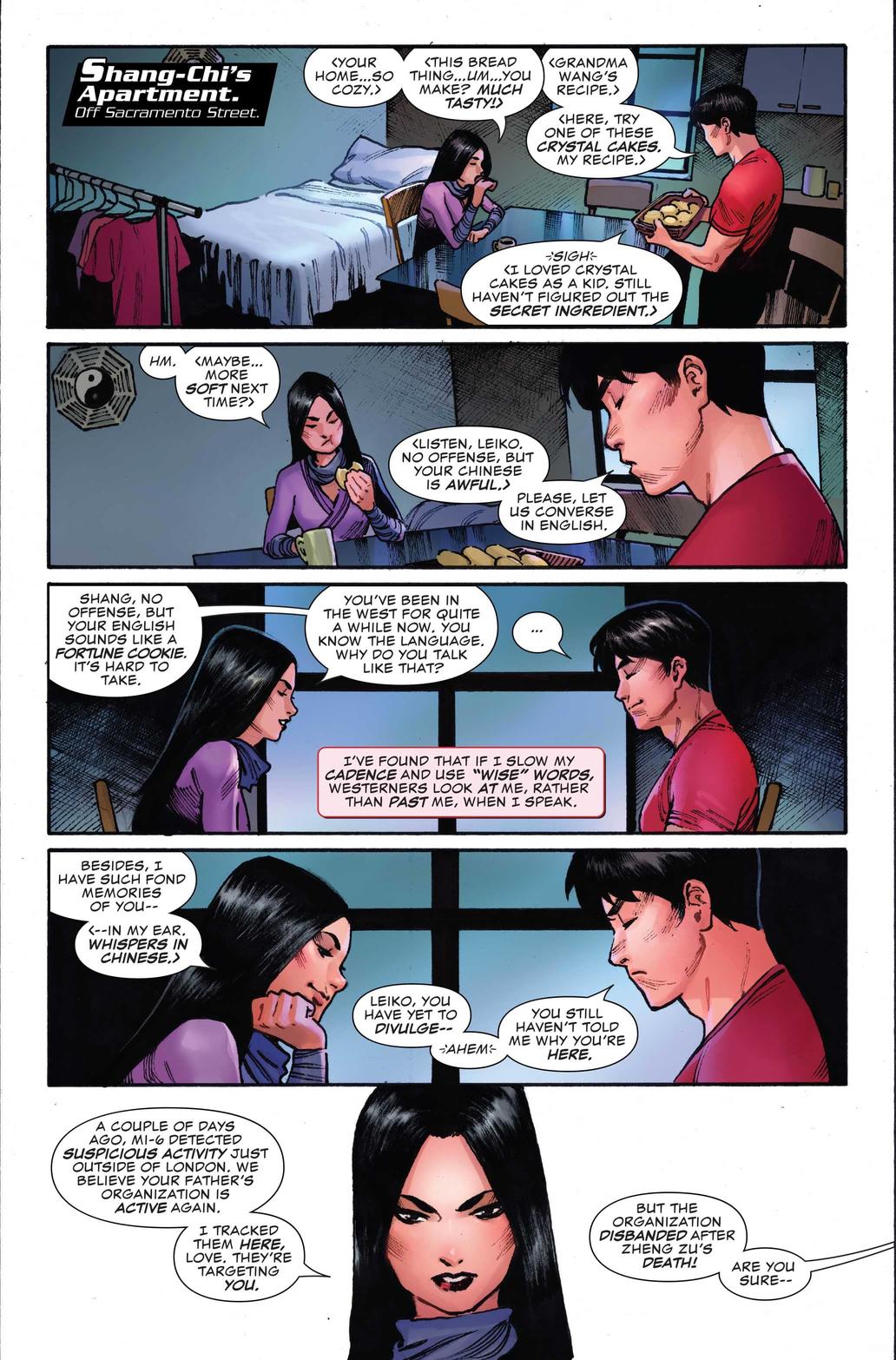
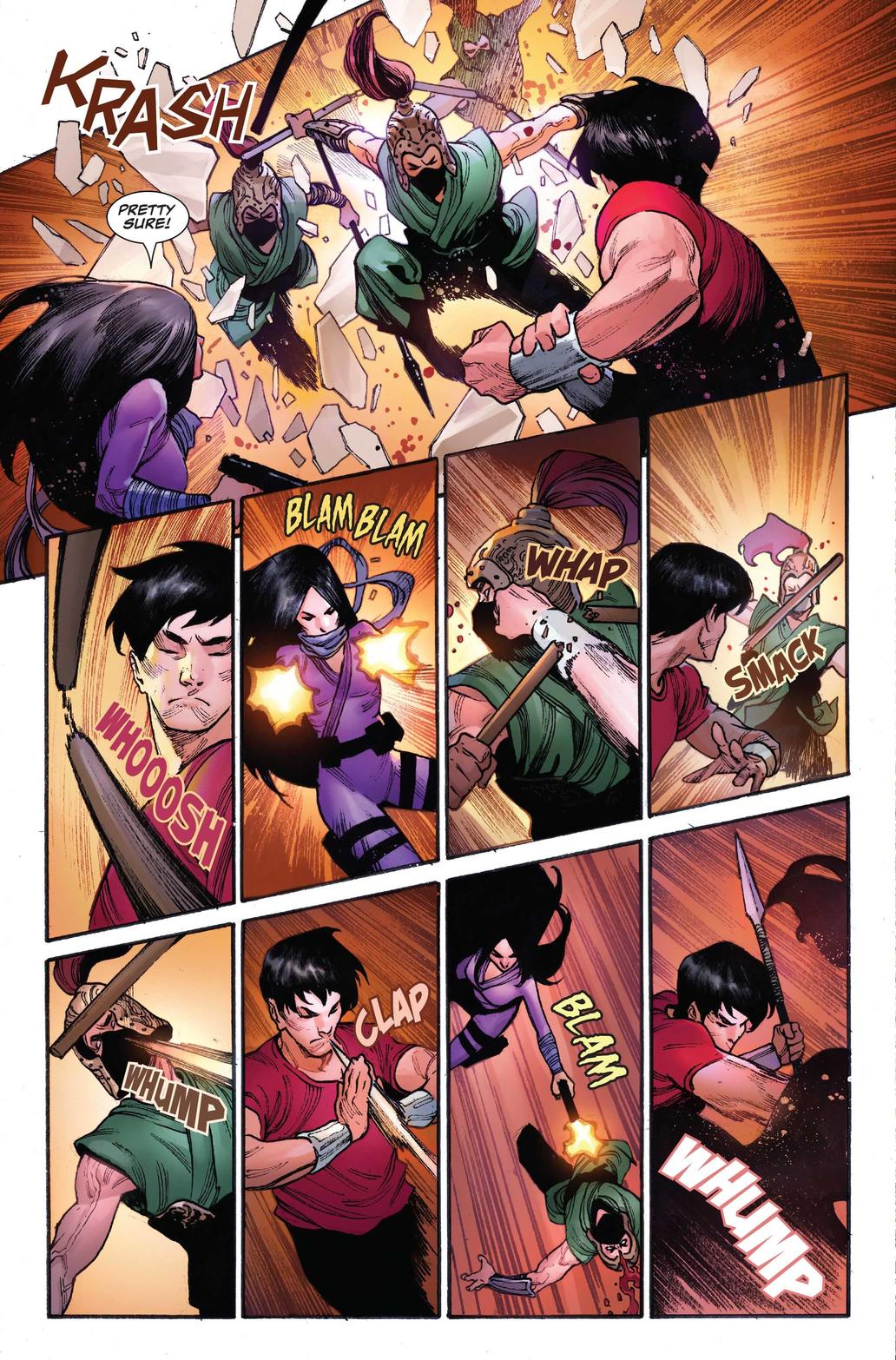
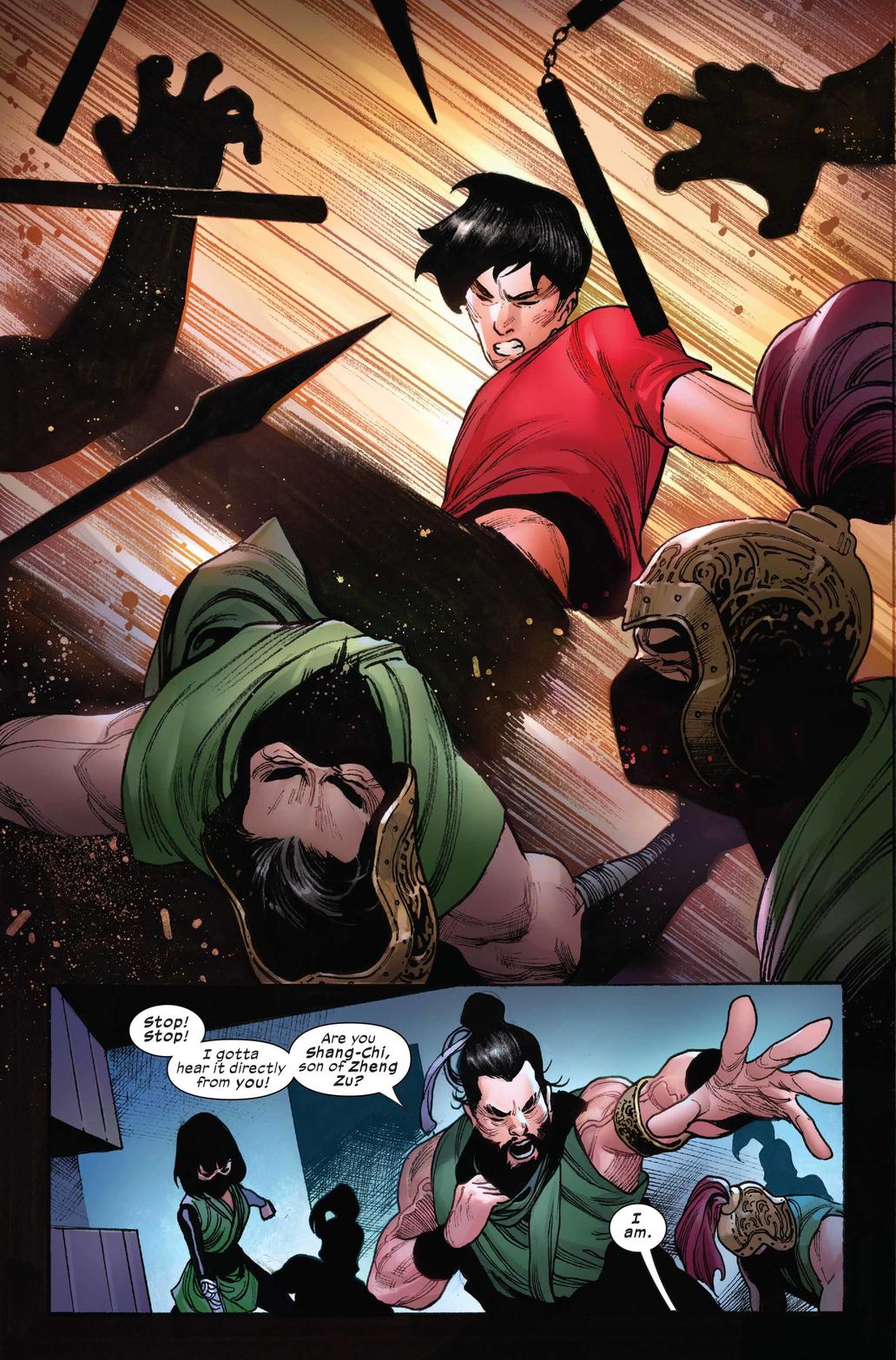
Shang-Chi #1 preview
Nrama: What are you hoping to bring to Shang-Chi with this limited series, which not-so-coincidentally is coming out before his big movie debut?
Yang: I have to confess that even though I was a huge Marvel fan when I was a kid, I was not a Shang-Chi fan. I'm a Chinese American, and I went through a period where I was embarrassed by my own cultural heritage. I didn't want to be the Asian kid at the local comics shop buying the Asian hero comic, you know? It would've felt like I was highlighting everything that made me different from my peers. So, I didn't really have a big heart attachment to Shang-Chi coming into this project.
But there is this ongoing discussion about representation in our super hero comic books. Shang-Chi's been around for a very long time. He might be our most prominent Asian American super hero at this point. He was first created in the '70s, but I do think he's often been treated as an 'other' type of character, meaning his appeal lied in the difference between him and the reader.
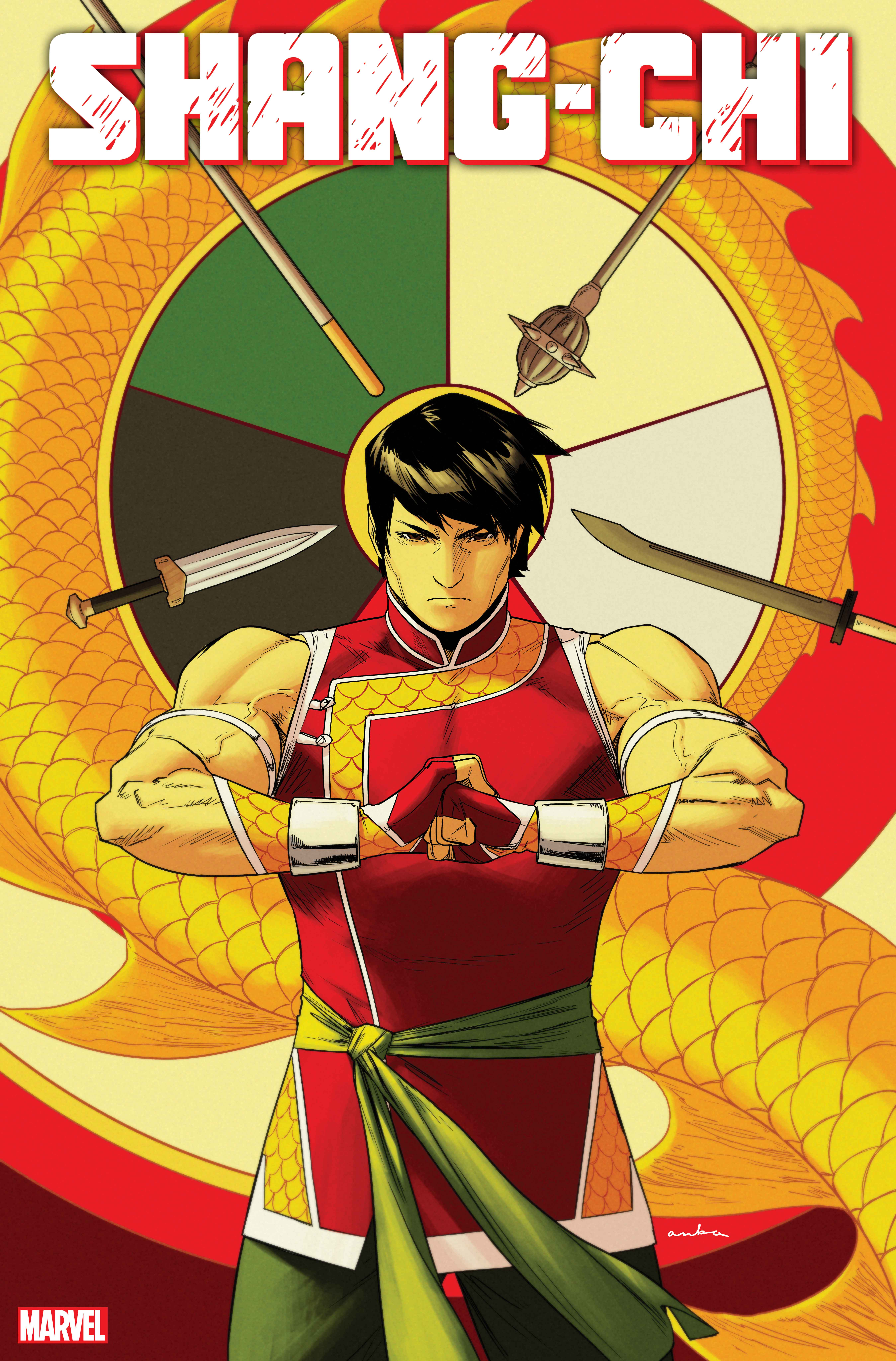
In our miniseries, we want to flip it a bit. We want to bring the reader closer to the character. We want the reader to see the world from his perspective, to understand Shang-Chi's desires, flaws, and fears. We want Shang-Chi to be three-dimensional.
Nrama: With the movie on the horizon, how new reader friendly did you want to make this book?
Yang: Darren, Dike, Philip, and I are trying to make this book as new reader friendly as possible. While we include references to Shang-Chi's past, we do it gently. You don't need to know a single thing about the character to pick up the first issue.
Nrama: Were there any elements you felt like you had to add because of the upcoming movie?
Yang: Like everyone else in the world, I love the Marvel movies. They're pretty astounding. But I am a comic book guy first and foremost. In my opinion, the comics are where new ground is broken. In terms of the Marvel Universe, the comics lead the way.
If you want an idea of where the movies might be in a few years, read the comics today. If you want a fuller picture of the Marvel Universe than the screen can give, read the page. So I guess my answer is no, I didn't feel like I had to add certain elements because of the upcoming movie.
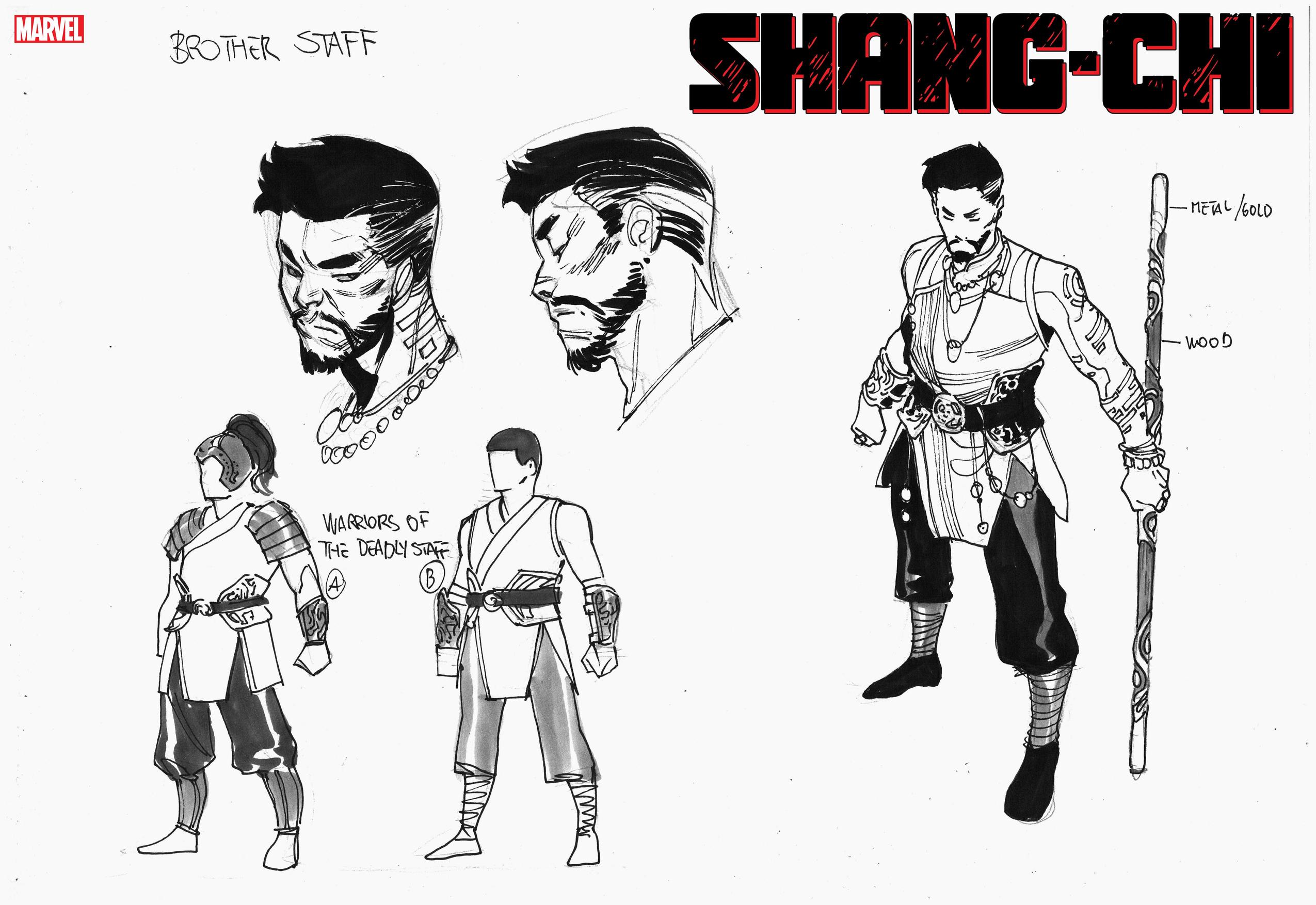
Nrama: Will we be seeing any other Marvel heroes teaming up with Shang-Chi?
Yang: Shang-Chi is firmly grounded in the Marvel Universe, so we are definitely going to see familiar Marvel characters and elements in our miniseries. And you'll see one very big one in the first three pages of Shang-Chi #1. But for more specifics, you'll just have to read the book!
Nrama: There seems to be a lot of family drama that will be unraveling, what can you tell us about this plot thread?
Yang: Every human culture values family, but I think there is an added layer of emphasis in traditional Asian cultures. Shang-Chi comes from an especially complex and messy family. He tried to escape by coming to America, but can you really escape your family?
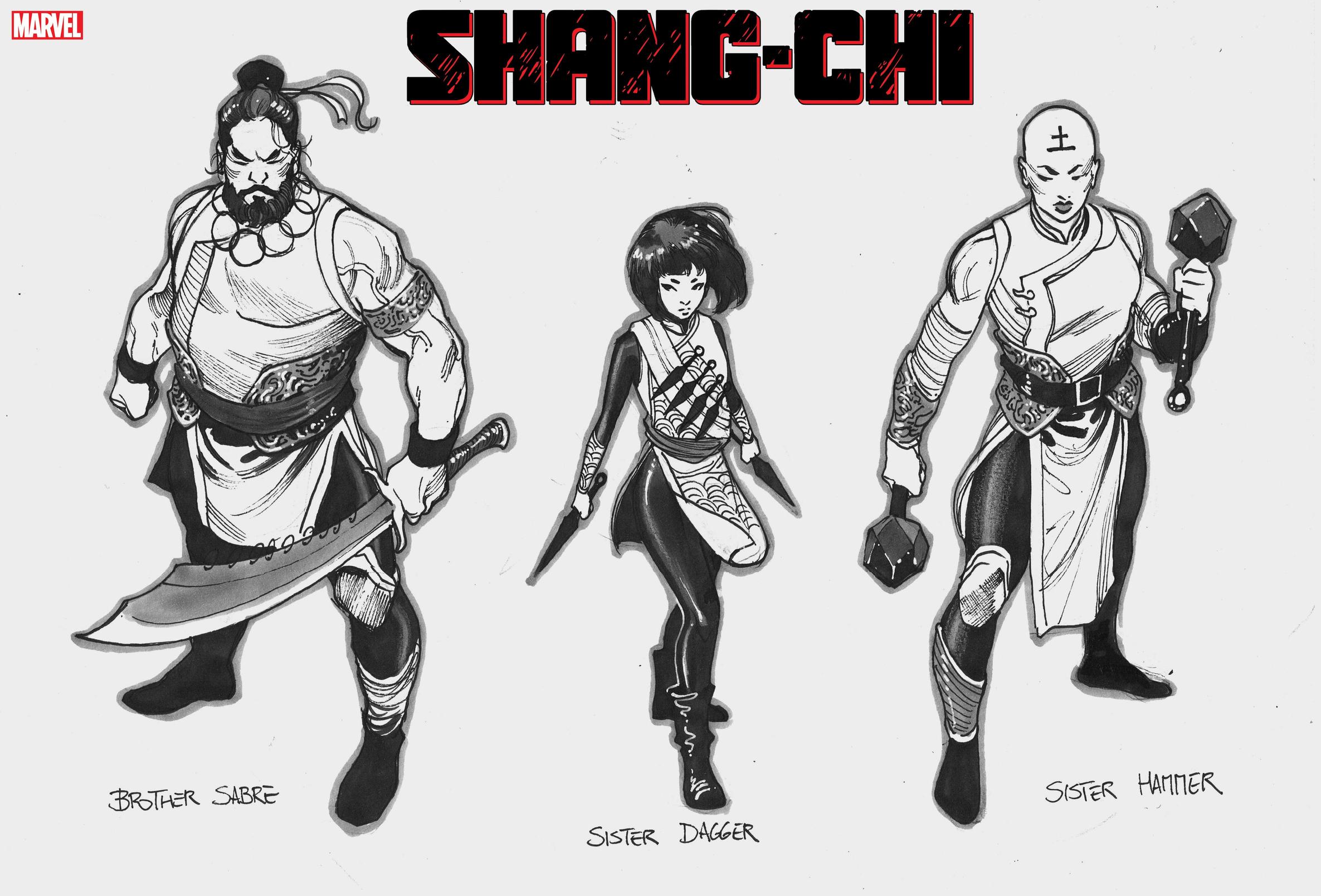
Our story is about him coming to terms with his family. He, and we, will meet new family members. The main antagonist is a woman known as Sister Hammer, who is one of Shang-Chi's siblings. We'll also get to know his father's cult and see its influence, both past and present, on the Marvel Universe.
Nrama: What can you tell us about the new breakout character Sister Dagger?
Yang: Sister Dagger is another one of Shang-Chi's sisters. She's 13 years old, but she's also one of the most talented fighters on the planet. She grew up fully embedded in their father's cult. She's a master of a traditional Chinese weapon known as the flying dagger.
Nrama: Would you like to work on more Shang-Chi following this mini?
Yang: The future is very unpredictable these days, in more ways than one. That said, I have had a blast working on this book. Shang-Chi has many, many more stories in him, and I would love to help tell them.
Kat has been working in the comic book industry as a critic for over a decade with her YouTube channel, Comic Uno. She’s been writing for Newsarama since 2017 and also currently writes for DC Comics’ DC Universe - bylines include IGN, Fandom, and TV Guide. She writes her own comics with her titles Like Father, Like Daughter and They Call Her…The Dancer. Calamia has a Bachelor’s degree in Communications and minor in Journalism through Marymount Manhattan and a MFA in Writing and Producing Television from LIU Brooklyn.



